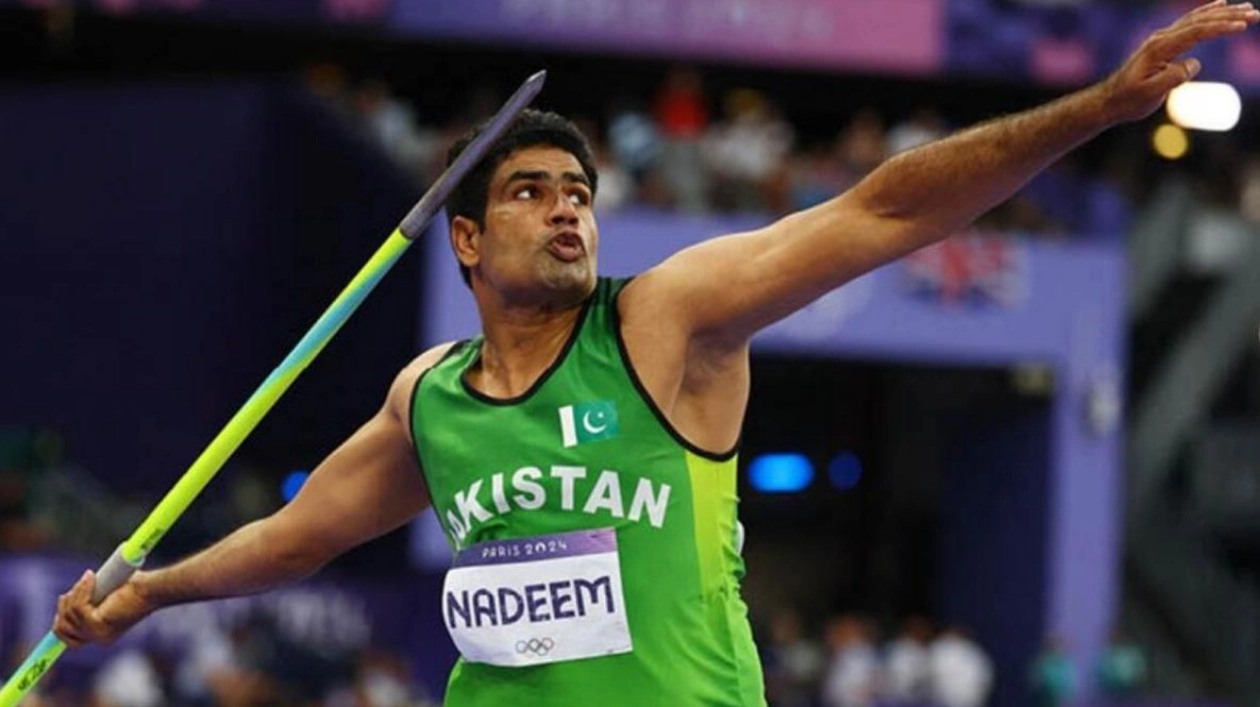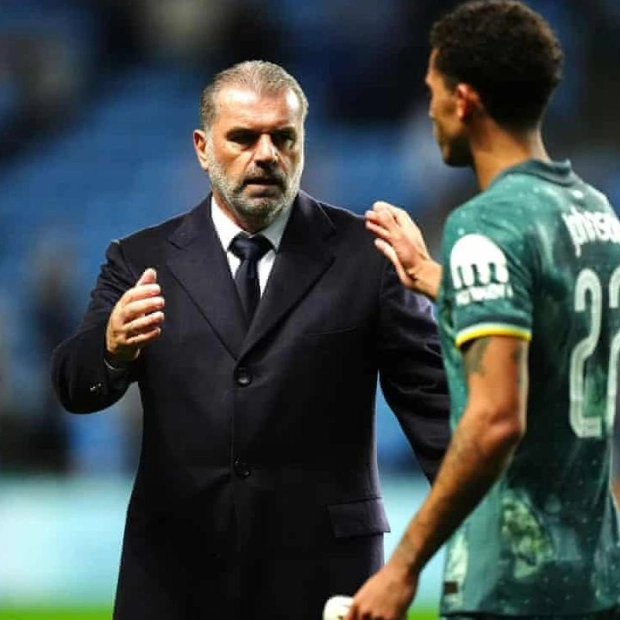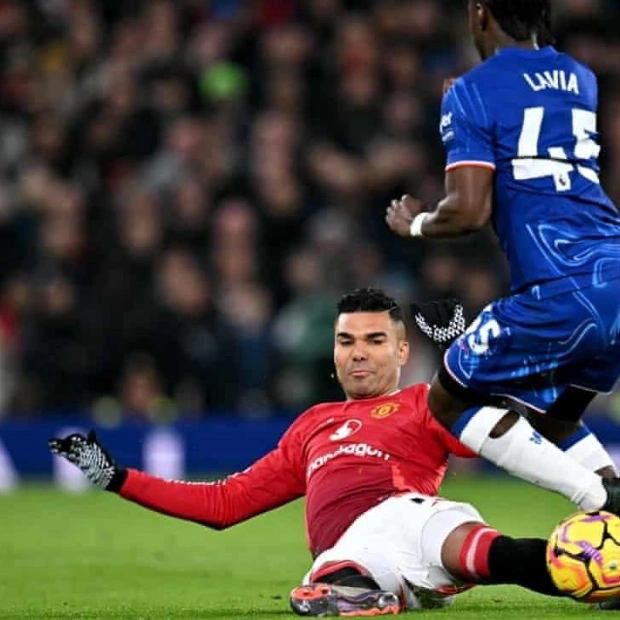Earlier this month, during a dazzling evening in Paris at the Stade de France, Arshad Nadeem etched his name into the annals of history. With a steely gaze, he took a few deep breaths, preparing both his javelin and himself just moments before the crucial throw at the world's premier sporting event. As the javelin soared from his grasp—Nadeem's eyes fixed on its trajectory and potential landing spot—the crowd erupted in cheers and applause, and the commentator's voice boomed, "It's immense, it's an exceptional throw, and it's set to be a new Olympic record. What a transformation in demeanor; he struggled to finish his run-up on the first attempt, and this is monumental, from Arshad Nadeem." Realizing the significance of his throw and its impact on millions back home, Nadeem lifted both hands skyward, closed his eyes, and covered his face, as if in a moment of prayer and relief. Despite his remarkable physical achievement, his humility remained unshaken. History—along with a new Olympic record—was undeniably made. Not only did Pakistan secure its first individual Olympic gold medal, but a new Olympic record throw of 92.97m was also established. Nadeem's momentum was unstoppable.
Nadeem's journey is unprecedented in Pakistan. Many in his homeland might not even recognize a javelin, much less envision winning Olympic gold for it. To put it differently, Pakistan is a cricket-obsessed country; athletics has seldom been discussed or supported. In fact, recent times have seen a climate of skepticism around sports in general, given the Pakistan cricket team's lackluster performance at the World Cup earlier this year. Yet, Nadeem's groundbreaking achievement serves as a lesson, primarily about the power of an individual's dream (beyond the cliché) and the unyielding practical efforts needed to realize those dreams. Facing immense challenges, his story seems almost cinematic, yet it avoids exaggeration. Nadeem fought against overwhelming odds. To truly grasp the scale of his success, one must acknowledge the vast array of obstacles he overcame. Originating from the ancient town of Mian Channu, Nadeem is one of eight siblings, initially passionate about cricket. His father, a mason, encouraged him to try javelin throwing, ultimately guiding Nadeem to compete in the Paris Olympics. Beyond that, Nadeem faced a childhood far from privileged. In an interview, his father revealed that it was fellow villagers and relatives who contributed funds for Nadeem's training and travel in the early days. He also battled a nascent sports system in Pakistan, with tight budgets and minimal infrastructure to foster his passion; no dedicated sports grounds or facilities meant Nadeem often trained in his own courtyards and streets. Five months before the Paris Olympics, he disclosed that he had been using the same javelin for seven to eight years. "It has reached a point where the javelin is damaged, and I have requested the national federation and my coach to address this before the Paris Olympics." Perhaps most challenging, Nadeem confronted a dire environment, marked by persistent political and economic turmoil in Pakistan, which had begun to infiltrate various sectors, including sports. To maintain hope and dream boldly, despite the surrounding cynicism, is perhaps Nadeem's most extraordinary feat. The rest of us are typically just grumbling and inactive.
The inspiring dynamic between Pakistan's Arshad Nadeem and India's silver medalist, Neeraj Chopra, also stands out. It dismantles the clichéd narrative of India-Pakistan political and sporting rivalry, showcasing how sports can bridge human connections across borders. When Nadeem sought support for a new javelin, Chopra advocated on his behalf, stating, "It's difficult to believe he's been struggling to get a new javelin. Given his stature, this shouldn't be a major issue. Arshad is a top javelin thrower, and I'm confident javelin manufacturers would be eager to sponsor him and provide what he needs." Post-competition, both athletes' mothers expressed mutual admiration and applause, with those moments going viral—offering rare glimpses of humanity and compassion. Ultimately, the symbolic significance of both athletes standing side by side on the Olympic podium will leave an indelible mark in sporting history. In the wake of Nadeem's gold victory, many sought to claim a share of his triumph, rightfully or not. Nonetheless, this does not alter the reality that Pakistan's sports systems are at risk. To witness a system deteriorating, collapsing around you, yet maintain the conviction that you can revive it, almost single-handedly, requires a unique kind of belief. In essence, Nadeem's personal conviction outweighed the threats posed by Pakistan's faltering sports system. Contrary to the usual narrative, he did not shrink his dreams to fit his reality; instead, he expanded his reality to align with his dreams. Looking ahead, our hope should be that this story does not conclude with a solitary hero, but rather initiates a new sporting legacy for Pakistan—the beginning of a fresh, exhilarating chapter.






